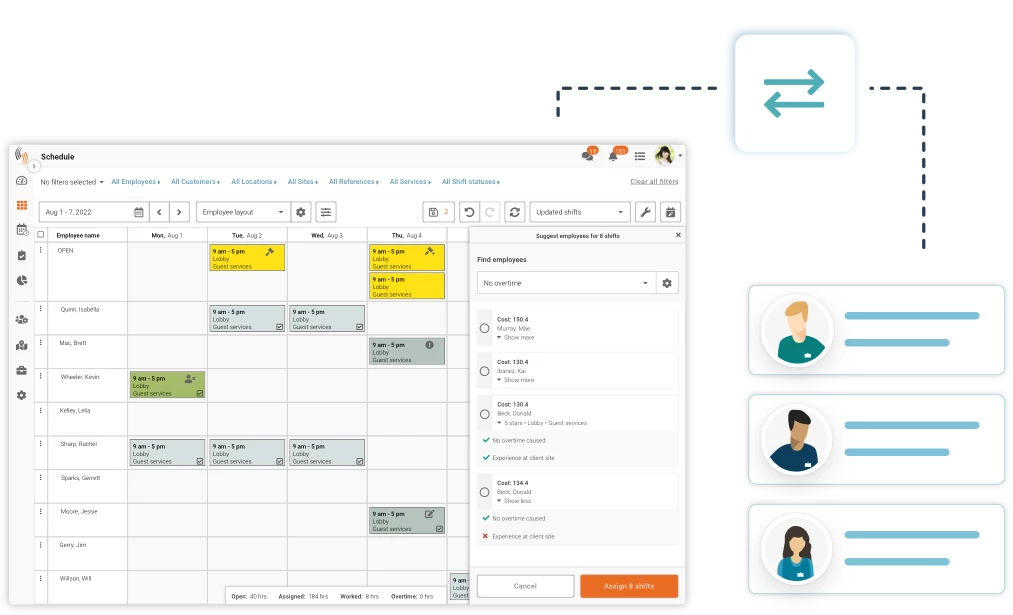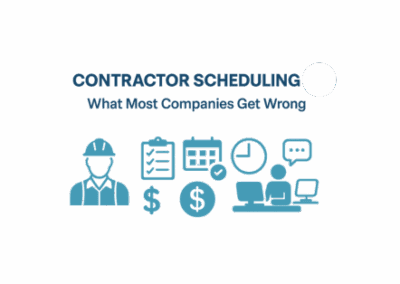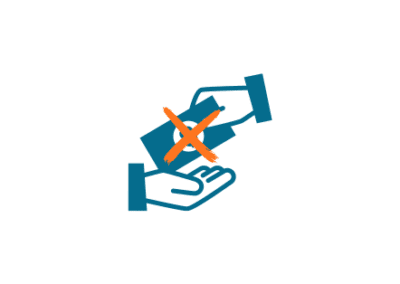If you’re an adult of working age, you’ve likely heard the term employee burnout thrown around here and there. Burnout can affect employees from any industry for several reasons. In general, health care workers are at greater risk of burnout than in other industries. As an employer, you should have a selection of tools at your disposal to help you tackle burnout in your employees.
Healthcare workers have to face a large number of challenges in the workplace. For example, emotionally demanding issues, exposure to illness and death, time pressure, and work overload.
Burnout occurs when an employee’s life becomes limited to work and the other aspects of their personal life suffer. Burnout can cause a series of negative implications for your employees and your organization. Absenteeism, staff shortages, high turnover, and low staff morale are examples of such.
What is Employee Burnout?

Employee burnout is a state of emotional, physical, and mental exhaustion that develops when employees are exposed to long-term, unrelieved work stress. It leaves you feeling overwhelmed, detached, and less effective at your job, often diminishing your motivation and productivity.
Essentially, burnout goes beyond everyday tiredness. It’s a sign that chronic workplace demands are taking a toll on your well-being. Recognizing the early signs and making changes to balance work and life can help prevent its negative effects.
Risk factors for employee burnout among healthcare workers include:
- High Workload and Long Hours: Constantly managing high patient volumes and extended shifts can lead to physical and mental exhaustion.
- Emotional Demands: Regular exposure to suffering, trauma, and critical life-and-death decisions can cause significant emotional strain.
- Insufficient Staffing: When there aren’t enough staff members, the workload increases for everyone, contributing to stress.
- Lack of Support: Inadequate support from management or peers, as well as poor communication, can leave workers feeling isolated.
- Limited Autonomy: A lack of control over work schedules and decision-making can increase stress levels.
- Moral Distress: Facing ethical dilemmas and having to make difficult choices that conflict with personal values can also contribute to burnout.
These factors, individually or combined, can significantly increase the likelihood of burnout, affecting both the well-being of healthcare workers and the quality of patient care.
First, what causes employee burnout?
Let’s take a look at some of the things that can cause burnout. Understanding these causes can help you tackle burnout in your organization.
Burnout levels have been higher than usual in healthcare over recent years due to ongoing staffing issues. Healthcare workers are stressed out and are being stretched too thin with 93% of healthcare workers experiencing stress, 86% reported experiencing anxiety and 76% reported exhaustion and burnout (Mental Health America). Managers need to be able to recognize the signs of employee burnout and have organizational strategies to deal with it.
The work environment
A stressful work environment and the healthcare industry often go hand in hand. Healthcare workers face emotionally demanding and sensitive issues that can be hard to leave at work. As a result, workers bring their stresses home and can end up neglecting their own personal needs which will, in turn, lead to burnout.
Time Pressure
Long shifts of over 12 hours are often the norm in the healthcare industry. However, they can be detrimental to the well-being of its workers. In a study done by HealthAffairs.org, nurses who worked shifts of ten hours or longer were up to two and half times more likely to experience burnout and job dissatisfaction, than workers who worked shorter shifts. They were also more likely to end their employment due to these factors.
Work-life balance

Work-life balance is something we hear a lot about and is a popular topic amongst employees and organizations. Employees are expecting more flexibility from their workplaces to allow them to have a positive work-life balance. The move to the working from home lifestyle has resulted in improved work-life balance for many employees; however, this may not be applicable to the healthcare industry.
The majority of healthcare workers are required to work on-site so working from home isn’t an option. However, there are still options you can provide as an employer. Flexible scheduling can be key for providing workers flexibility so they can self-schedule and bid for the shifts they want. This allows workers to build a work-life balance that works for them.
So, what can you do to tackle burnout?
Flexibility to prevent burnout
You can give your employees freedom with their schedules so they can maintain a positive work-life balance. Allow them to self-schedule, whatever scheduling software you are using you should ensure it has this capability for your team.
With Celayix you can offer your employees shift-bidding as well self-scheduling so your teams decide which shifts to take. Allowing your employees flexibility with their work schedule can lead to reduced stress, burnout and improved morale. Check out our previous blog post here on how to incorporate flexibility into your scheduling.
Have support practises in place
Having organizational support practices to support employees experiencing burnout is a great way to ensure they feel valued and cared for. From time to time it is normal to experience stress in work, especially in the health care industry. It is when these stresses are constant that will lead to employee burnout.
There needs to be a series of organizational steps to assist the employee if stress progresses to burnout. Wellness programs where workers can seek psychological help for emotional distress from a professional is a good way to do this.
Fair Scheduling
Employee scheduling is a great place to start when tackling burnout. It is important to track employee shifts so no one is biting off more than they can chew. Long shifts will eventually take a toll on a person’s wellbeing. This can contribute to higher job turnover and affect care of patients. You should be respecting your worker’s right to time off, encouraging your team to take a vacation, and avoid unnecessary overtime.

Try setting alerts if a worker is going into overtime so you can offer the shift to someone else. Employee scheduling software like Celayix has overtime trackers that let you know when an employee is going into overtime. It also offers a Find a Replacement option that allows you to offer the shift to someone else.
Burnout in the healthcare industry isn’t an issue that can be tackled easily. However, there are steps that you can take to support your employees. As workloads increase and shifts get longer, allowing your employees flexibility in their schedule will improve their work-life balance. This, in turn, will boost morale within the team and help you reduce high staff turnover and absenteeism.
Learn how you can implement flexibility in your scheduling today by getting in touch with a Celayix solutions advisor here.




